Iran FM: US seriousness could lead to JCPOA revival
Iranian Foreign Minister Hossein Amir-Abdollahian says the 2015 nuclear deal can be revived and its parties will return to full compliance with their commitments if the US administration shows seriousness.
Amir-Abdollahian made the remarks in a meeting with a number of American experts, ambassadors and retired politicians in New York on Saturday on the sidelines of the 78th session of the United Nations General Assembly.
He said Iran's policy is to return to the nuclear deal -- formally known as the Joint Comprehensive Plan of Action (JCPOA) -- as an international agreement, however, the US administration is "playing with time."
"If the US administration is serious, the [nuclear revival] negotiations can be concluded in a short time and then all the parties will return to the JCPOA and their full commitments," the top Iranian diplomat emphasized.
JCPOA talks have been on pause since August last year, with Iran blaming a lack of political will on the part of US President Joe Biden’s administration to undo the damage caused to the multilateral nuclear deal by the previous US administration.
Former US President Donald Trump pulled Washington out of the UNSC-endorsed agreement in May 2018, imposing severe economic sanctions against Tehran while Iran was adhering to its commitments under the deal and even continued to do so for a year after the US withdrawal.
Tehran scaled back its commitments to the JCPOA in a series of pre-announced and clear steps after witnessing the other parties' failure to secure its interest under the agreement.
The Iranian foreign minister further criticized the US administration for pursuing a contradictory approach to Tehran with "fundamental" differences in what the White House practices and what it preaches.
However, the Iranian administration and nation pay heed to the US attitude and not its words, Amir-Abdollahian said.
He slammed the Biden administration's continuation of the sanctions policy against Iran, saying, "Even simultaneous with the implementation of the recent agreement [with Tehran] on exchange of prisoners, the US administration carried out unconstructive sanctions measures and proved that it is not willing to correct its past wrong and ineffective behavior."
The White House has always made a miscalculation in dealing with Tehran, including its support for last year's riots in Iran, he added.
Amir-Abdollahian emphasized that Iran has always sought to reduce tensions in the region and across the world.
After two years of high-stakes negotiations, Iran and the US agreed to free prisoners as part of a deal that also included the release of billions of Iranian assets illegally frozen in South Korea.
The funds, owed to Iran for exports of oil and gas, had been frozen in South Korean bank accounts since 2018 after the Trump's administration withdrawal from the JCPOA.
On Monday, Iran and the US freed 10 prisoners -- five Iranians and five Americans -- after the US government unblocked the transfer of $6 billion in frozen Iranian oil funds held in South Korea.
Speaking to senior American media managers on Monday, Iranian President Ebrahim Raeisi said the prisoner swap between Iran and the United States was purely carried out on humanitarian grounds.
"Definitely, any step that is taken [by the United States] to fulfill their commitments will be confidence-building for us,” he added.
Some observers see the exchange of prisoners between Iran and the US as a possible gate to a broader agreement between the two countries.
Yemeni FM: Israel’s sponsors accountable for ongoing aggression on Sana’a
Eight Palestinians killed as Israel attacks Gaza school, hospitals
VIDEO | Rome, Milan host new protests in solidarity with Palestinians
Dec. 21: ‘Axis of Resistance’ operations against Israeli occupation
Spain jurists demand ties with Israel ties be cut
VIDEO | Press TV's news headlines
VIDEO | Iran honors top Science Olympiad medalists
VIDEO | Austrians arrested at Gaza protest in Vienna


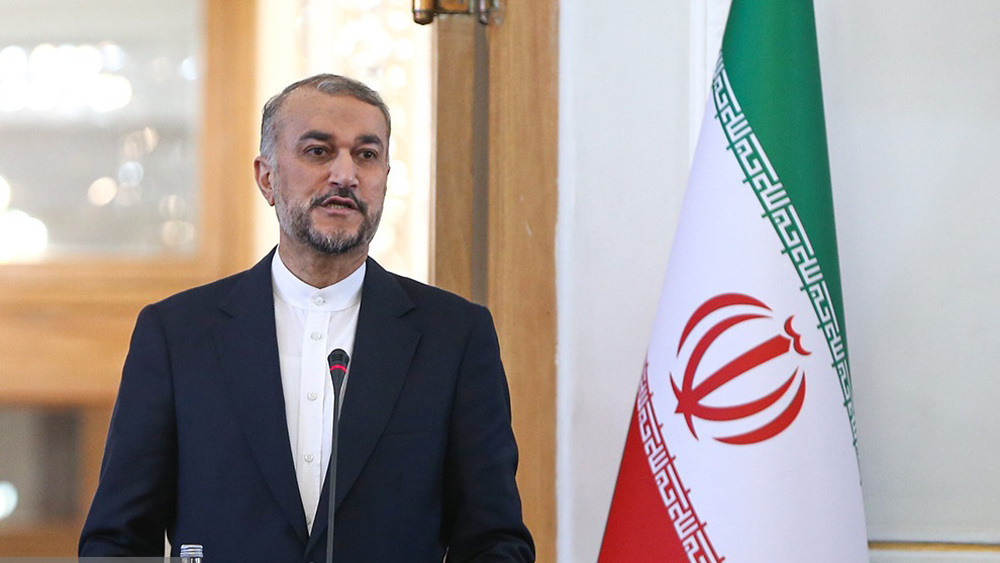
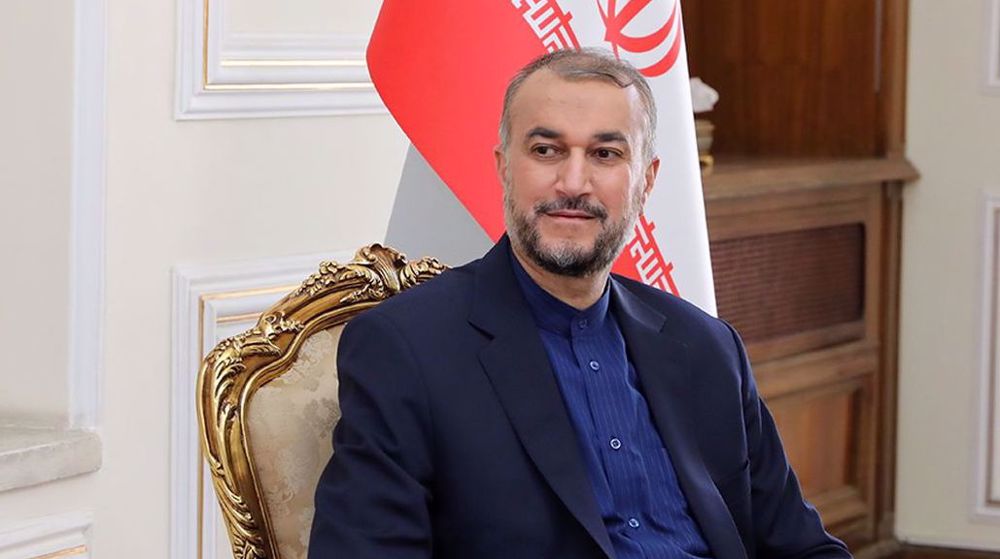
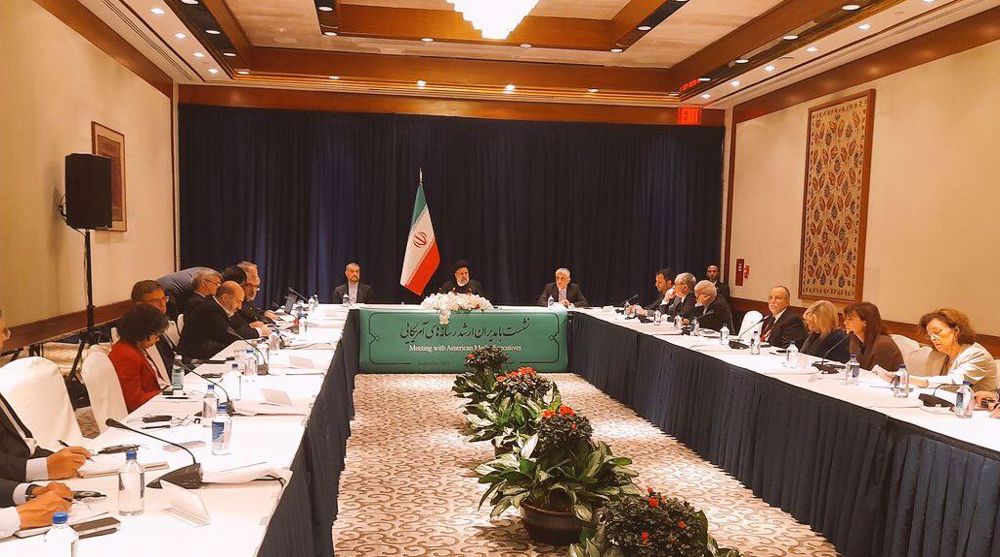
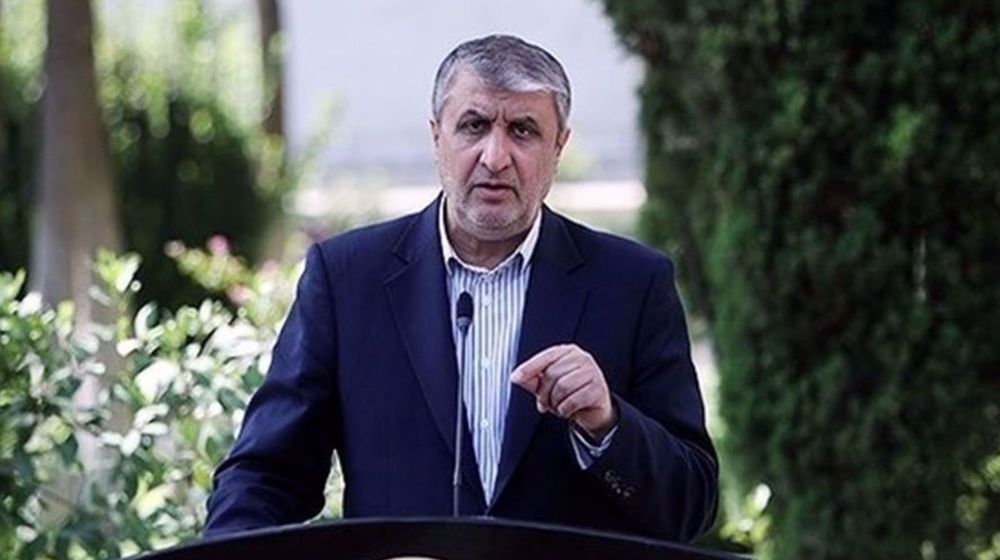
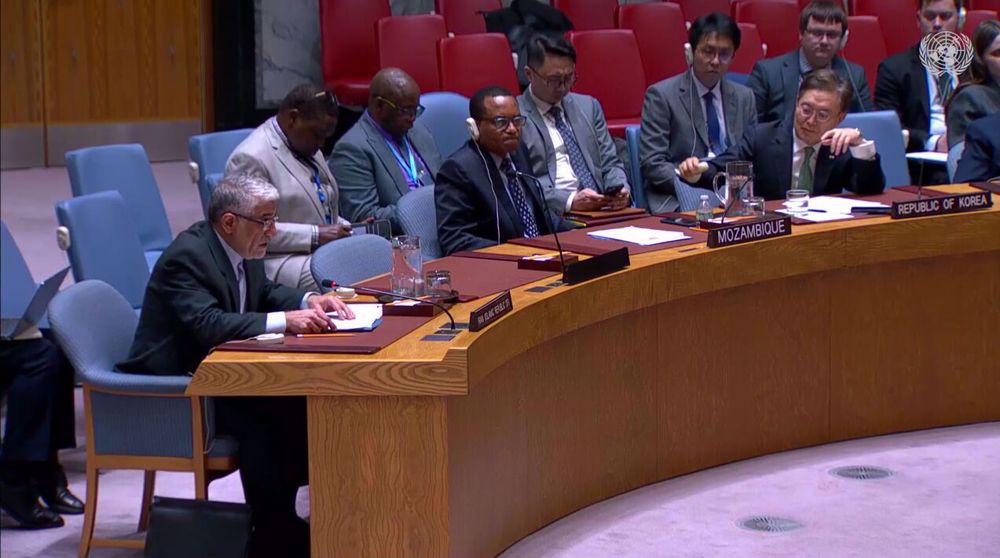
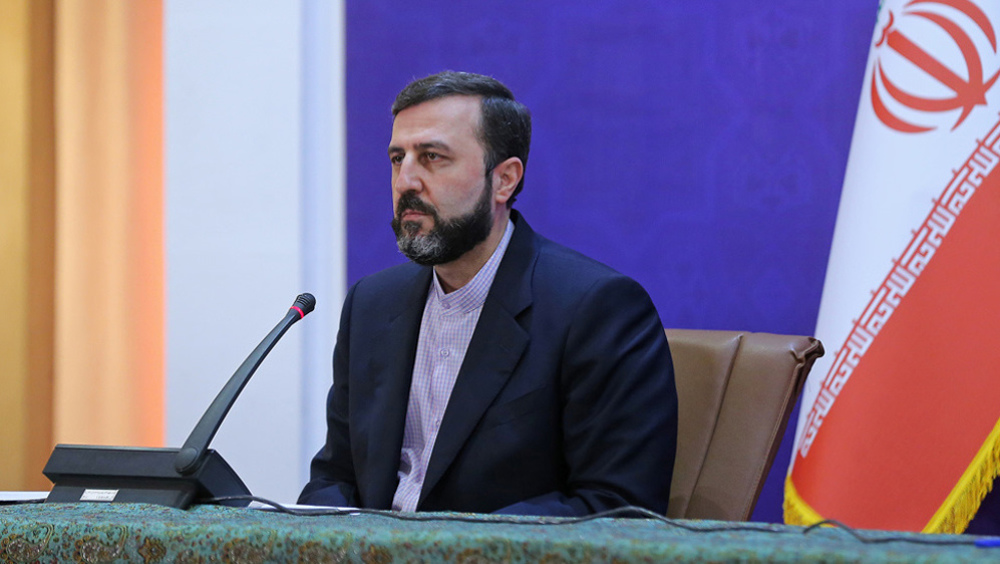




 This makes it easy to access the Press TV website
This makes it easy to access the Press TV website